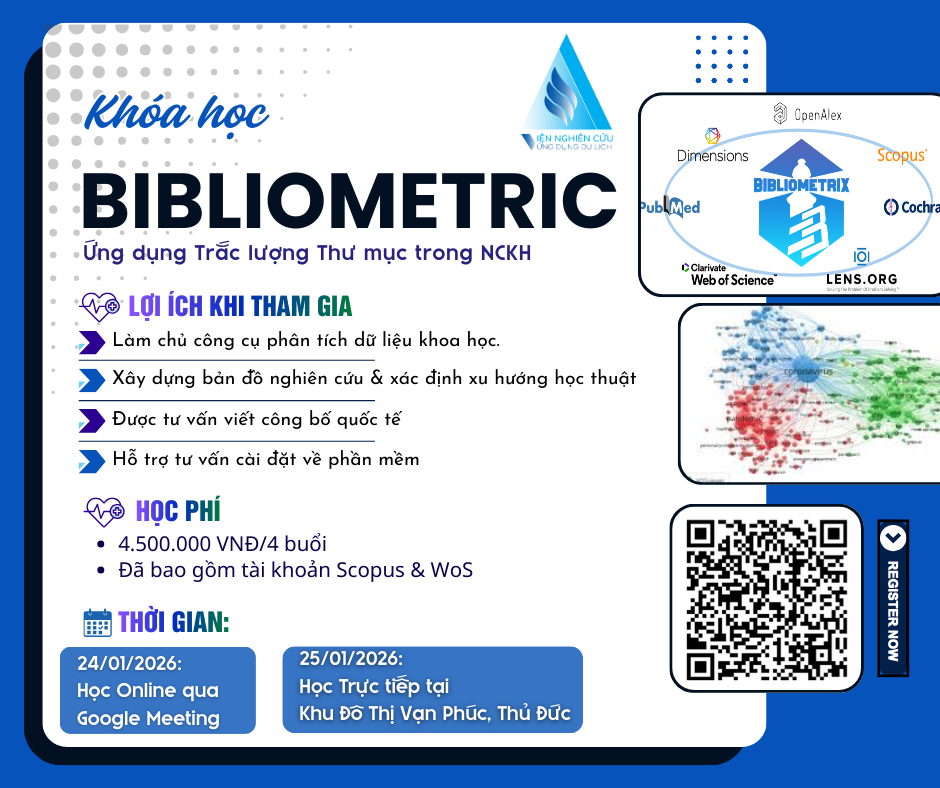This post is also available in:
Tiếng Việt (Vietnamese)
Artificial Intelligence (AI) is fundamentally transforming the global travel industry—from personalized itinerary recommendations to conversational booking systems that function like human tour guides. Emerging tools such as Mindtrip, Gemini, Ramy, and Penny are not merely supporting the travel experience but redefining the very role of travel agents, offering smarter, faster, and more contextually relevant assistance than ever before.
From Search Engines to Intelligent Travel Companions
The advent of AI in tourism marks a profound shift from traditional, passive service models to real-time, context-aware personalized experiences. In the past, travel agents were responsible for planning, searching, and booking trips. Today, AI platforms can handle the entire chain—often with far greater speed and customization.
Platforms like Mindtrip AI, Google’s Gemini, Expedia’s Ramy, and Priceline’s Penny, along with AI systems under development by Airbnb, go beyond mere information retrieval. These systems offer contextual recommendations, analyzing travel history, consumption patterns, real-time location, preferences, and even emotional tone. AI is no longer just a backend engine—it is becoming an interactive digital concierge, capable of conversing with users, offering advice, adjusting plans, recommending nearby dining, or issuing real-time flight updates.
Hyper-Personalization: From Data to Tailor-Made Journeys
At the heart of this AI-driven shift is deep personalization. A nature-loving parent of two, available only in August and preferring temperate climates, will receive entirely different suggestions than a culinary explorer traveling in winter. Platforms like Mindtrip AI go beyond generating destination lists; they build coherent, custom-built itineraries by aggregating reviews from Google, TripAdvisor, and Priceline, while using behavioral analytics to propose a vacation that “feels designed just for you.”
Google Gemini can generate multi-day travel plans within seconds and handle complex prompts such as: “Plan a 10-day trip across Italy under $3,000, suitable for elderly and children.” What used to take hours of research can now be distilled into minutes of natural conversation with an AI chatbot.
Meanwhile, Airbnb is developing an AI system that “knows who you are.” Their vision is to create a learning companion that remembers past preferences, stays, and feedback to refine future suggestions. Each user profile could evolve into a dynamic travel map, continuously updated by AI and enriched through each travel experience.
Conversational Booking and the Rise of Seamless Travel
Perhaps the most revolutionary innovation AI brings to tourism is the conversationalization of booking. Traditionally, travelers sifted through hundreds of listings, read reviews, selected options, and filled out forms. Now, with Expedia’s Ramy or Priceline’s Penny, this process becomes a natural conversation. Users “talk” to the system and receive synthesized, data-driven suggestions almost instantly.
This seamless experience ushers in a new concept: “travel without preparation.” Equipped with a smart assistant, a traveler can arrive in a new city without prior planning and rely on the AI to recommend restaurants, must-see attractions, or transport options—all personalized to their current location and preferences. This signifies a radical transformation in consumer behavior in the digital travel age.
Yet, AI’s deep involvement in travel behavior also raises concerns regarding data privacy and user autonomy. In order to personalize effectively, AI systems require access to location data, family information, budgets, and even user moods. While platforms often stress opt-in mechanisms, the line between utility and intrusion remains blurred. However, real-world behavior suggests that most users are willing to trade privacy for convenience and personalization.
AI as a Supplement—Not a Replacement—for Human Touch
Despite the growing presence of AI, 47% of travelers still use traditional travel agents, indicating that human support remains valuable—especially in emotionally nuanced, crisis-prone, or complex situations where empathy and discretion are essential. For now, AI complements rather than replaces the human role: it optimizes time, enhances decision-making, reduces errors, and opens up unprecedented personalization opportunities.
In the coming years, the travel landscape will likely evolve into a hybrid model: humans providing strategic guidance and emotional intelligence, while AI handles logistics, personalization, and real-time optimization. When AI becomes not just a tool but a capable companion, tourism will enter a new era of intelligent, individualized, and seamless exploration—where every journey is not only easier but uniquely curated “just for you.”









